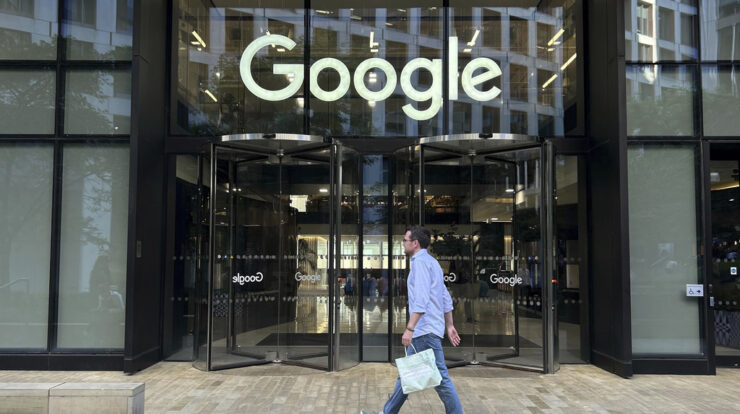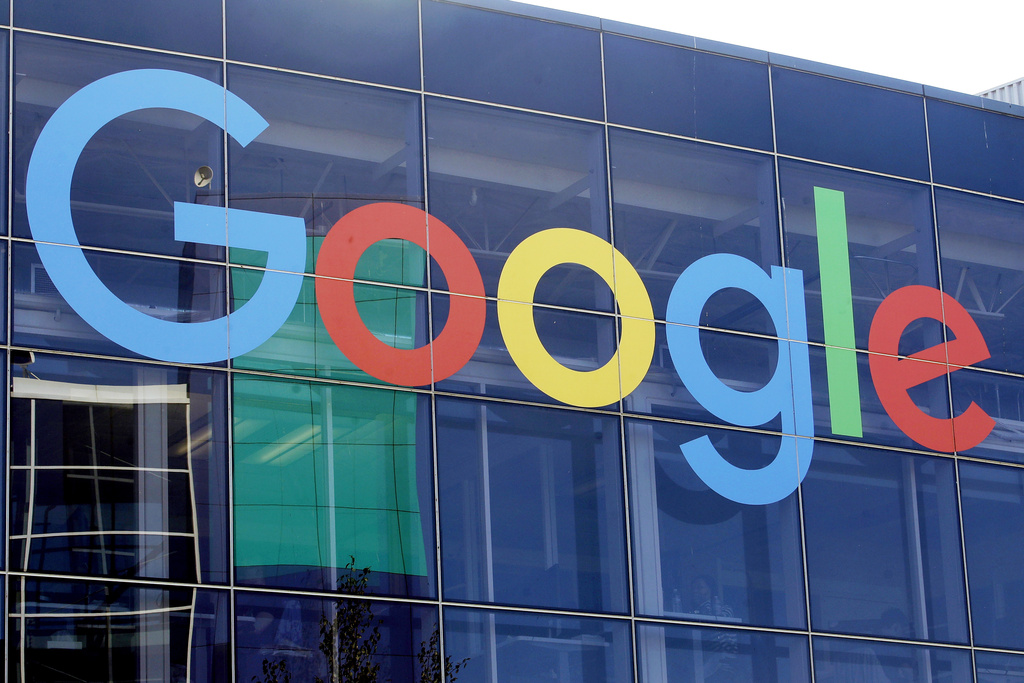
The U.S. Justice Department is intensifying its efforts to dismantle Google by urging a federal court to compel the company to divest itself of certain technologies that drive its digital advertising business. This move comes as part of a broader initiative aimed at detaching Google’s popular Chrome web browser from its primary search engine operations.
The government’s most recent proposition was submitted late Monday in a Virginia federal court roughly three weeks following
a federal judge ruled
That its profitable digital advertising network has been misusing its market dominance unfairly, hindering competition at the expense of online publishers.
In a detailed 17-page submission, attorneys from the Justice Department contended that U.S. District Court Judge Leonie Brinkema ought to penalize Google by mandating the divestiture of its AdX unit as well as the DFP advertising tool. These platforms connect advertisers seeking to promote goods with publishers aiming to monetize commercial spaces on their websites.
The government also is seeking other restrictions, including a 10-year ban on Google from operating a digital ad exchange, to undercut the power of a “recidivist monopolist.”
Unsurprisingly, it’s a concept that Google strongly intends to contest once the penalty stage of the antitrust proceedings—referred to as remedy hearings—kicks off in late September. Google has already declared its intention to challenge Judge Brinkema’s verdict that the software driving their advertising network violates the law; however, they cannot initiate this appeal process until after the judge determines and announces the company’s penalties, which is anticipated sometime before the end of the current year or at the start of the following one.

Google stated in a court submission on Monday that the Justice Department’s proposition “would lead to financial turmoil and technical disarray, causing damage to countless advertisers and publishers, thereby diminishing the quality of online user experiences.”
In their alternative proposal, Google presented a strategy they think would increase clarity within their advertising system and ultimately encourage greater competition. They suggested appointing an independent overseer to monitor their actions for a period of three years.
The effort to dismantle Google’s advertising network builds upon the Department of Justice’s continuous push to make the company face legal consequences.
separate from its widely-used Chrome browser
and implement additional limitations to restrict the influence of its widespread search engine, which
Another federal judge labeled it as an unlawful monopoly.
In a decision made last August.
The remedy hearings in the search case are scheduled to conclude later this month, with a ruling from U.S. District Judge Amit Mehta expected by Labor Day.
If the Justice Department is able to persuade the two different judges to order its proposed dismantling of Google, it would be the biggest breakup of a U.S. company since AT&T was forced to spin off its phone service into seven separate regional companies more than 40 years ago.
Google’s Play Store for apps running on its Android software that powers most of the world’s smartphones also was declared
an illegal monopoly by a federal jury
in 2023 and
is battling
a judge’s order that would require it to overhaul a commission system that generates billions of dollars in annual revenue.
However, crippling its search engine and digital advertising network would constitute much more significant setbacks since these components are crucial elements of an operation that raked in $265 billion in revenue over the past year.
Google is facing potential breakups as the rise of artificial intelligence alters how people use technology and seek information online—this change could divert both traffic and revenue from an industry giant that started in a Silicon Valley garage back in 1998.
In spite of the challenges, Google remains strong.
delivering robust financial growth
To its parent company, Alphabet Inc., which has a current valuation of $2 trillion.
Google’s parent company, Alphabet, saw its stock drop by under 1% on Tuesday, ending the day at $163.20 per share.





